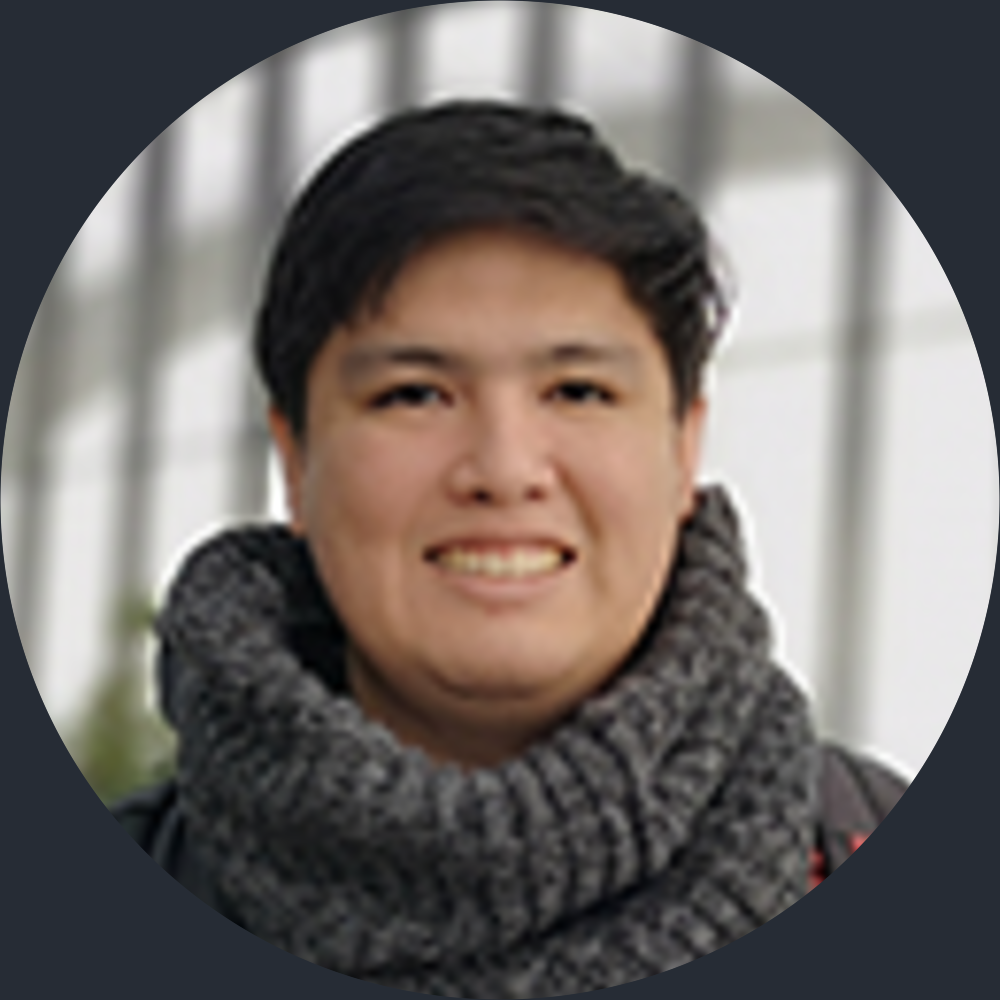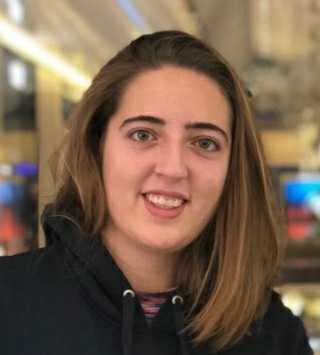Freyja
: Scalable Data Discovery Using Profiles
Freyja is a system that supports efficient data discovery over data lakes (i.e. large-scale, heterogeneous data repositories). This website is a companion of the research papers revolving around this project.
Freyja's novelty lies on a learning-based approach to data discovery relying on dataset profiles. These are succinct representations that capture the underlying characteristics of the schemata and data values of datasets, which can be efficiently extracted in a parallel fashion. Profiles are then compared, to predict the quality of a join operation among a pair of attributes from different datasets. With these scores, we can elaborate rankings and present a list of the best candidates to perform a join with.
Key Contributions:
- Innovative Join Quality Metric: Freyja proposes a new metric for assessing the quality of potential joins, focusing on syntactic measurements. This approach achieves accuracy comparable to advanced table representation learning (TRL) techniques but at a significantly reduced computational cost.
- Scalable Predictive Model: To compute this join quality metric efficiently, Freyja employs a general-purpose predictive model trained on data profiles. These profiles are succinct representations capturing the underlying characteristics of datasets, enabling scalable join discovery without the need for large-scale datasets.
- Empirical Validation: Experiments demonstrate that Freyja matches the performance of state-of-the-art methods while reducing execution times by several orders of magnitude, making it a practical solution for real-world applications.
Publications
2025
-
Supporting data discovery tasks at scale with Freyja Demo paper published in EDBT 2025
2024
-
Freyja: Efficient Join Discovery in Data Lakes Pre-print
-
Discovery of semantic non-syntactic joins Short paper published in EDBT 2024
2023
-
Data discovery through profile-based similarity metrics Master thesis
2021
-
Towards Scalable Data Discovery Short paper published in EDBT 2021
-
Effective and scalable data discovery with NextiaJD Demo paper published in EDBT 2021
2020
-
An integration data tool for joinable tables based on Apache Spark Master thesis
Resources
Software repository
The source code of the system can be found in the following Github repository. This repository contains:
- The base code for Freyja. This includes a lightweight predictive model and testing scripts.
- Ground truths employed for all the tested benchmarks. Some of these are samples of the original, large-scale benchmarks.
- Notebooks with the experimental development and validation of our approach.
- Implementation, and documentation, for two systems that we compared ourselves to (but were not openly available): DeepJoin and WarpGate
Freyja's benchmark
To develop the predictive model employed in Freyja we curated a data lake, collecting 160 datasets from open repositories such as Kaggle and OpenML, whose domains varied amply. This search yielded a total of 110,378 candidate pairs of textual attributes, which we filtered by their degree of intersection to define potential join candidates. The resulting 4,318 joins were, then, manually labeled as either semantic or syntactic.
The benchmark can be downloaded from here.
Other assets
For the sake of reproducibility, we provide all the additional artifacts that were generated during the development and testing of the approach. These are mainly used in the experimentations showcased by the Notebooks. This includes:
- Intermediate results and datasets obtained from the development of the new join discovery metric for data lakes.
- Discarded models with varying subsets of metrics employed.
- Additional ground truth variants.
This data can be downloaded from here.
Reproducibility
We believe in transparent and shareable research [1], [2]. Reproducing the results described in the paper can be done by following the instructions provided in the Github repository, indicating the desired data lake to test. We have included the specific script used to obtain the P@K and R@K results displayed in the paper.
Benchmarks, baselines and ground truths
We used a total of 7 benchmarks, all to test efficiency (i.e. preprocessing and query speed, alongside the overall capacity to scale) and 6 of these to test effectiveness (i.e. quality of the reankings generated). One of these benchmarks was designed by our team and used to train Freyja's model. Next, we include references to the original papers and repositories of the remaining 6 benchmarks:
- SANTOS: Relationship-based Semantic Table Union Search [paper], [github]. We use both the Small and Big variants.
- Table Union Search on Open Data (TUS) [paper], [github]. We use both the Small and Big variants.
- Dataset Discovery in Data Lakes (D3L) [paper], [github]
- OmniMatch: Joinability Discovery in Data Products [paper], [github]. We use both variants: Culture Recreation and City Government
Each of these benchmarks has a ground truth (except for SANTOS Big, hence it is only used to test effectiveness). That is, for a series of query columns that we want to find joins for, the ground truth simply indicates which candidate columns should be found. The difference between the ideal set of candidates and the real joins found by systems produces the respective P@K and R@K scores.
To further facilitate the reproduction of our results, we provide all the ground truths employed to evaluate the benchmarks, alongisde the necessary configurations to execute them. The D3L and TUS Big ground truths were exceedingly big, so we removed unnecessary columns from the original version. Both OmniMatch ground truths were not adapted for our evaluation method, so we reestructured them and selected a big enough subset. In all cases, we unified the header names in order to streamline the execution of some of the processes.
Out of the four previous systems, we employ two of them as baselines to test the validity of Freyja: D3L and SANTOS. To further improve the evaluation, we included two more open-source systems:
- KGLiDS: A Platform for Semantic Abstraction, Linking, and Automation of Data Science [paper], [github].
- Semantics-aware Dataset Discovery from Data Lakes with Contextualized Column-based Representation Learning (Starmie) [paper], [github].
Finally, to round up the comparative, we wanted to include two fully-embedding-based approaches:
- DeepJoin: Joinable Table Discovery with Pre-trained Language Models [paper].
- WarpGate: A Semantic Join Discovery System for Cloud Data Warehouses [paper].
Unfortunately, these tools do not have open implementations available. Hence, we were forced to develop our own iterations of the systems, leveraging the information provided in the respective papers and, in the case of DeepJoin, directly employing a set of instructions kidly provided by the authors. These implementations can be found in Freyja's' repository (DeepJoin, WarpGate), with a easy-to-use implementation and extensive documentation with installation guidelines and execution instructions. Details about the implementation decisions can be found here.
Freyja's development
In the repository we present fours notebooks that illustrate the development of the project. All the datasets and artifacts referenced in these notebooks can be found here (same link as in the 'Other assets' section). Next you can find links to pages that present the content of the notebooks without the code:
Join Quality metric. Development of the join quality metric.
Models. Steps undertaken to develop the final model.
Plots and statistical analyses. Executed for both the effectiveness and efficiency results.
Justifying K. Further prove of the validity of K as a lightweight semantic assessment tool.
Demo
The following video showcases a demo of Freyja, executed from a Python notebook. The video defines a use case and goes through all the necessary stages to perform join discovery, integrating the process inside a data augmentation pipeline.
last updated: 2026/01/07





